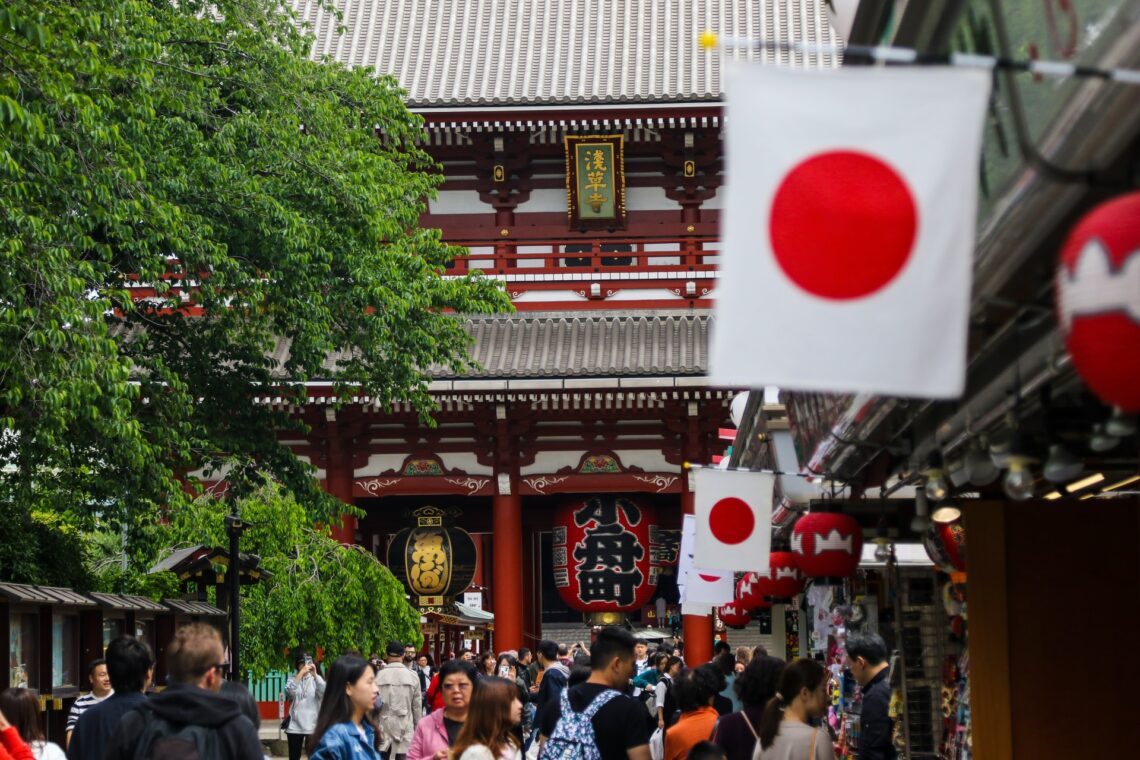How the leading states stabilize oil prices
The Japanese government has decided to sell part of its raw material reserves. According to the authorities, this will stabilize oil prices. The volume of the sale has not yet been disclosed, but the media are talking about a figure of 4.2 million barrels.
A similar decision on the sale of oil from state reserves was previously taken by the U.S. government. It is known that the countries are actively cooperating to restore the global market and are taking steps to stabilize it. Japan said that management of the situation with raw materials is a very important step for the economy and accelerates its recovery. In addition to selling part of its reserves, the authorities also plan to carry out a number of other activities both domestically and internationally. For example, Tokyo intends to call the world’s major producers to introduce measures to curb commodity prices.
After the statement of the government, the cost of oil in the capital stock exchange reached a maximum of the last 2 weeks. In addition, a number of Japanese experts are considering selling 30 million barrels of oil, which will be taken from the reserves of private companies in the country. However, such volume of sales runs counter to provisions of the law. The fact is that according to official documents Japan may sell strategic reserves only if there is an acute shortage of raw materials in the state or in case of natural disasters. And these points are spelled out in the legislation very clearly, which excludes the possibility of changing their interpretation. At the end of last year, the President of the USA announced about selling 50 million barrels of oil. The Biden administration explained this decision by the desire to reduce the cost of fuel for the population, as well as to regulate the supply-demand ratio on the market. Initially, 32 million barrels will be taken from the reserve, and later the rest 18 million barrels. Not only Japan has followed the example of the White House. Great Britain, South Korea, India, and China are also planning to review strategic oil reserves. Indian authorities are already consulting with American and Japanese colleagues on this issue choosing the best option for selling the raw materials. So far it is a question of selling 5 million barrels, the total reserves of the country are estimated at 39 million barrels.
At the end of last year, the President of the USA announced about selling 50 million barrels of oil. The Biden administration explained this decision by the desire to reduce the cost of fuel for the population, as well as to regulate the supply-demand ratio on the market. Initially, 32 million barrels will be taken from the reserve, and later the rest 18 million barrels. Not only Japan has followed the example of the White House. Great Britain, South Korea, India, and China are also planning to review strategic oil reserves. Indian authorities are already consulting with American and Japanese colleagues on this issue choosing the best option for selling the raw materials. So far it is a question of selling 5 million barrels, the total reserves of the country are estimated at 39 million barrels.
The British government has already authorized local companies to extract about 1.5 million barrels of raw materials from reserves. Moreover, such an initiative is carried out on a voluntary basis, and companies are not obliged to reduce their reserves. The countries, which decided to sell oil, note that their actions will strengthen the global economy in a difficult period for it, as well as stabilize prices on the energy market.










